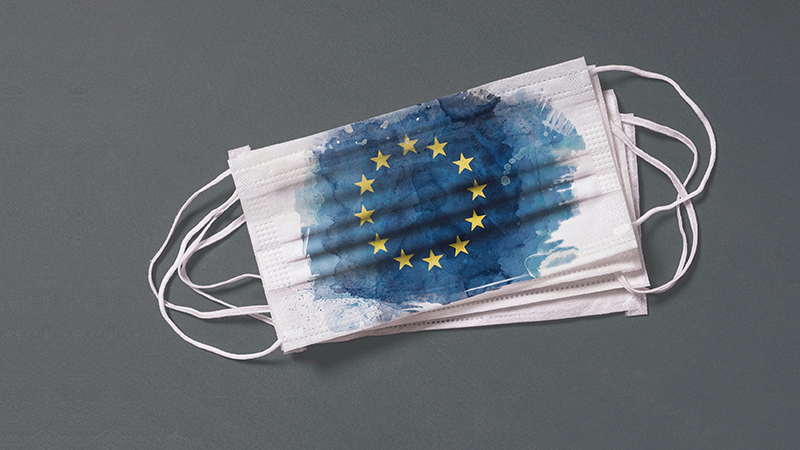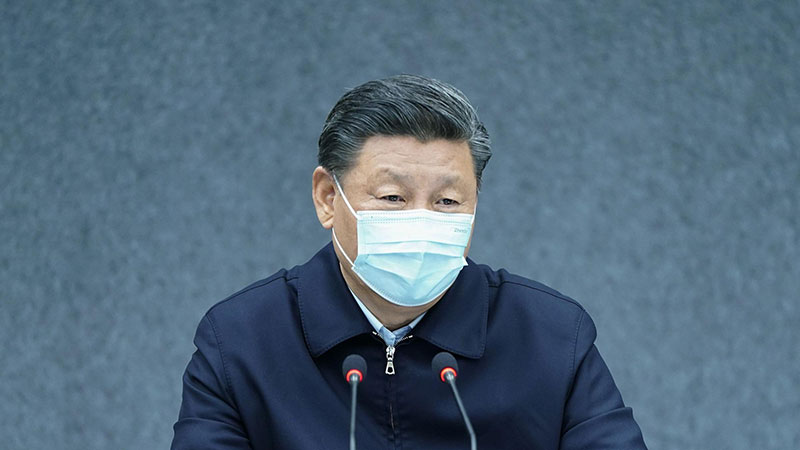Turkish situation is keeping investors on edge
The dramatic fall of the Turkish lira (together perhaps with the bizarre tweets of Tesla founder Elon Musk) has dominated this week’s financial headlines. Whilst many observers have been attributing Turkey’s troubles to recent US sanctions following the spat over a US pastor, it is important to note that Turkey’s problems started a long time before these sanctions were ever discussed.
Indeed, since the beginning of the year, the Turkish lira had already lost 20% of its value before tensions with the US started. This was due to a lethal combination of policy errors, which undermined the trust of international investors. The main errors were to keep interest rates too low for too long and introducing a very expansive fiscal policy in an effort to boost the economy.
This resulted in overheating Turkey’s economy and triggered a sharp increase in inflation – currently over 15% – which in turn scared investors away. Traditional recipes to combat these crises, such as increasing interest rates and reducing fiscal spending, were all but ignored. The appointment of Turkey’s president’s son-in-law as the new finance minister dented investors’ confidence even further.
Now, the key question which many investors are asking themselves is if Turkey’s troubles will trigger contagion in other financial markets. This is highly unlikely, as the following reasons show:
- With regard to the economy, although Turkey has a population size similar to Germany with 80 million people, its economic weight is relatively small. Indeed, the size of Turkey’s economy is smaller than Indonesia’s and comparable with the Netherlands’. Therefore, Turkey’s troubles do not constitute a systemic risk for the global economy.
- With regard to financial markets, the weight of Turkey is relatively limited. This is especially true for equity markets, where Turkey represents only 1% of the MSCI Emerging Market Index. With regard to the banking sector, the most exposed foreign bank is the Spanish bank BBVA, which owns Garanti, a Turkish bank. However, here again the whole exposure to Turkey is manageable as Garanti represents no more than 10% of BBVA’s assets.
- With regard to trade relationships, Turkey’s largest trading partners are Germany and China. Yet, here again Turkey’s problems are unlikely to significantly affect either country, as Germany’s exports to Turkey represent less than 2% of Germany’s exports and the figure is even lower for China.
In conclusion, whilst the Turkish situation is keeping investors on edge, especially during the summer time when liquidity in markets is limited, the risk of contagion in wider markets is low. Instead of Turkey, other factors such as the risk of a global trade war and the rise in US interest rates are much more relevant to financial markets. These are the key factors investors should be concerned about.
The CIO Weekly Thoughts focus and reflect on key topics which caught Lars Kalbreier's attention during the week. It is basically a free expression of opinion to trigger healthy debates amongst readers and by no means intended to be a strategy review.









